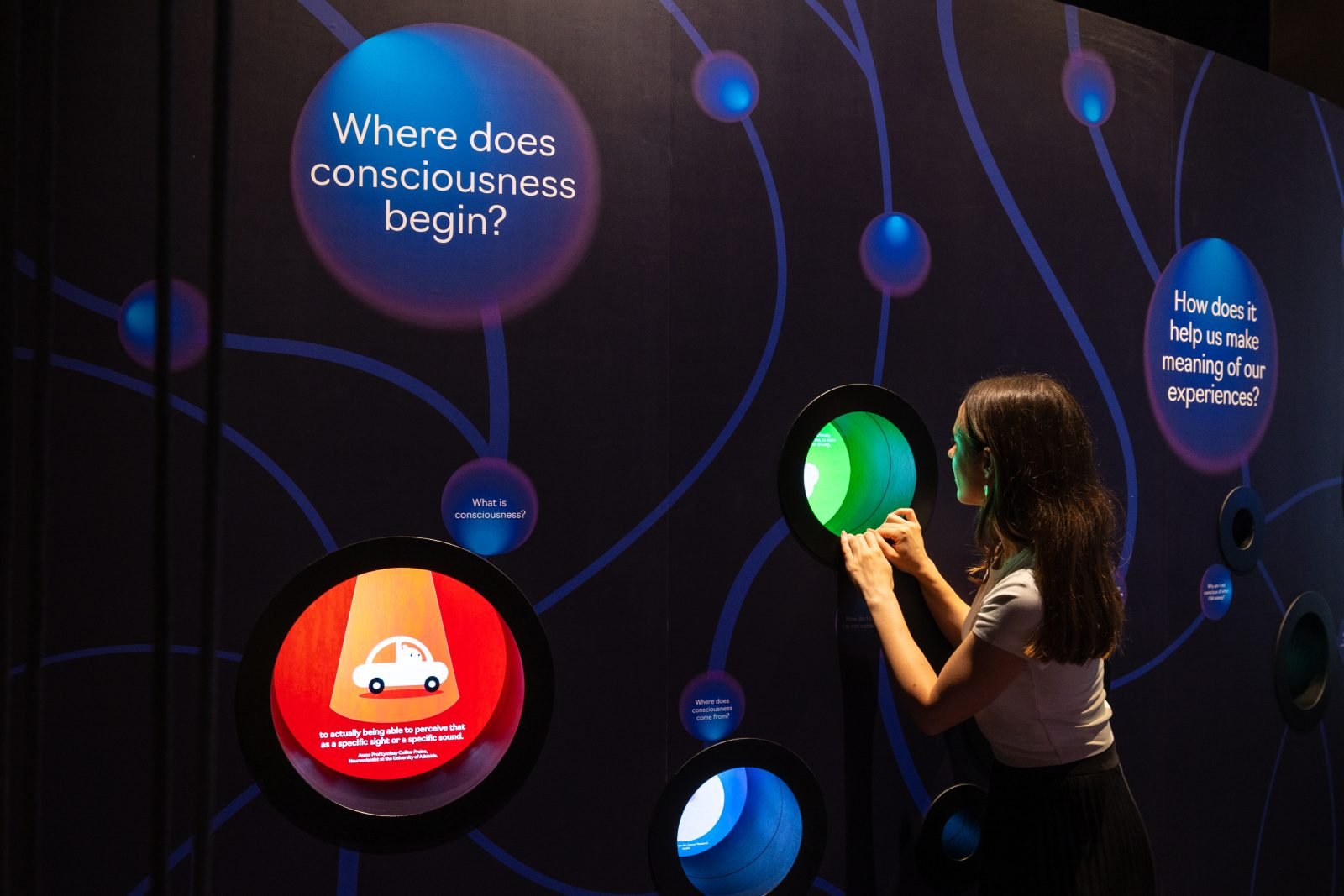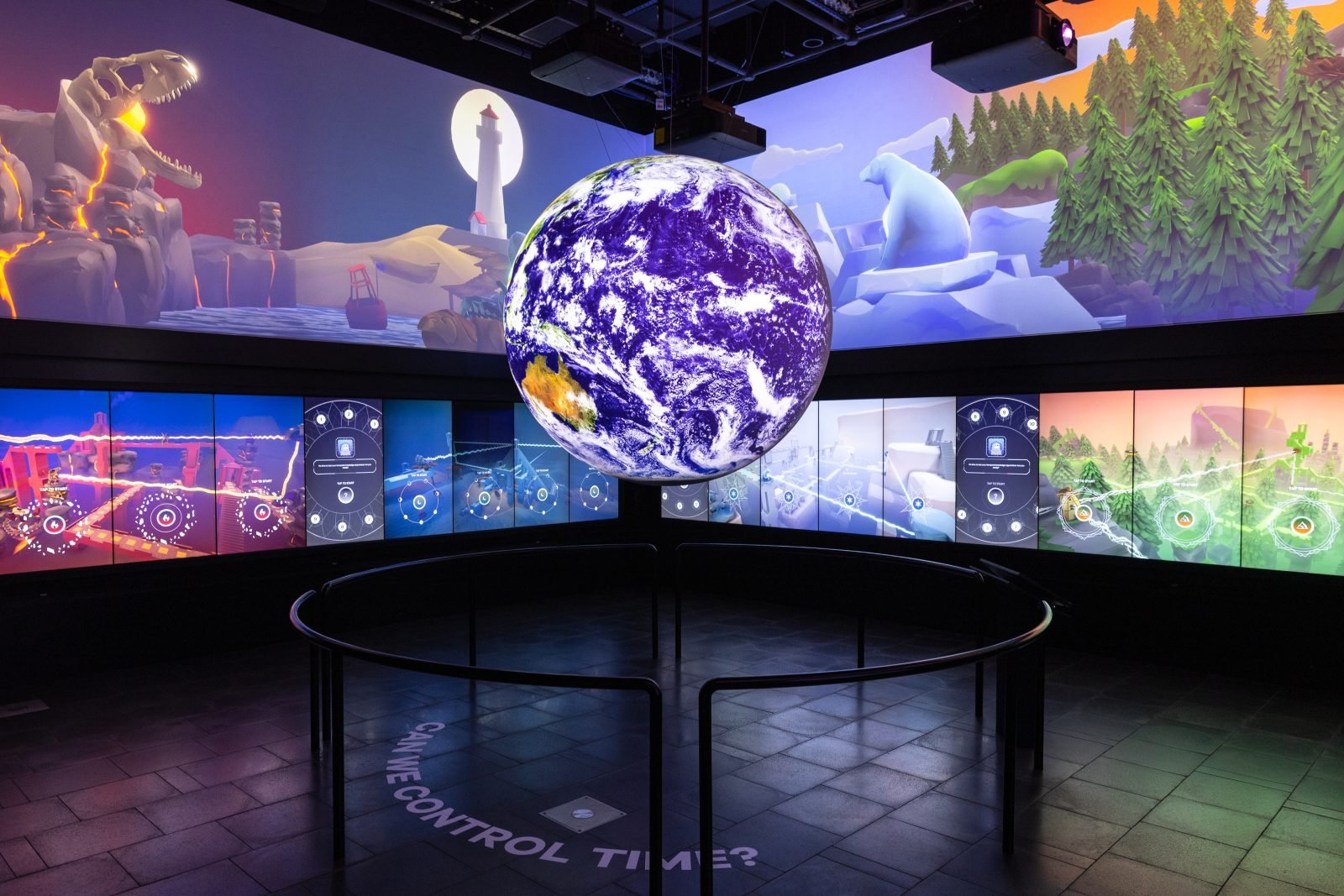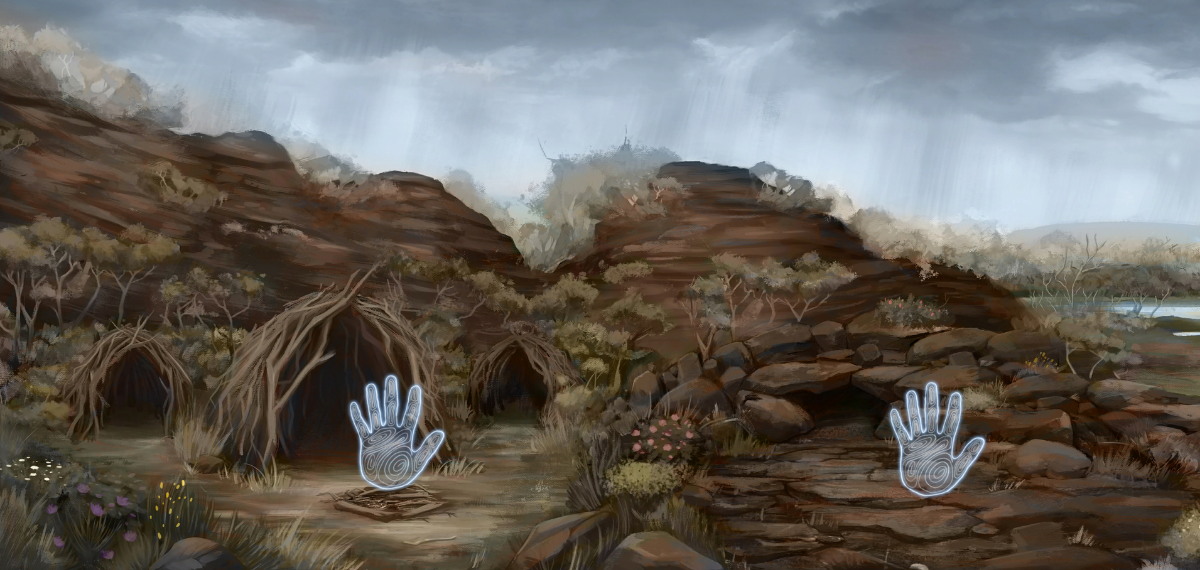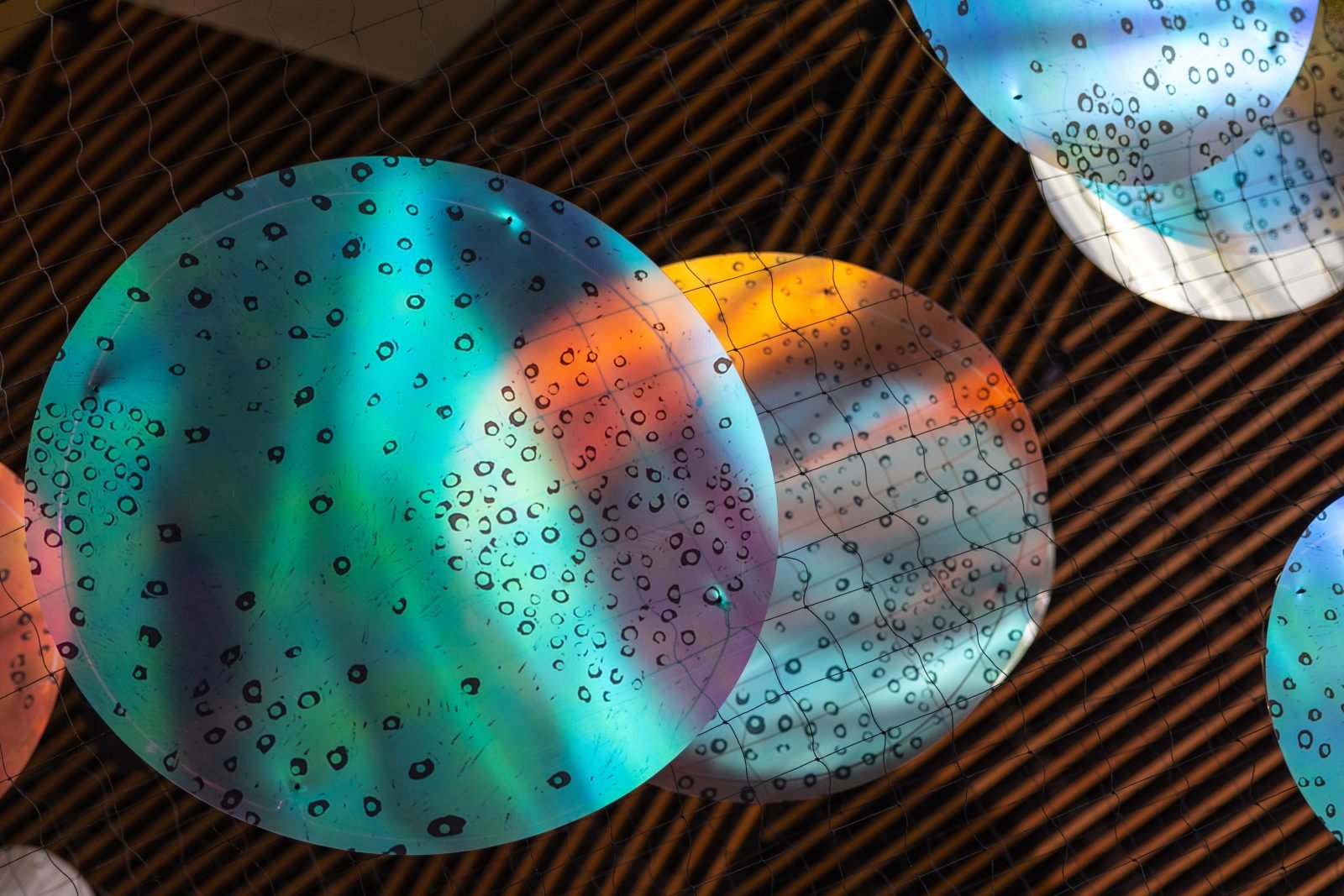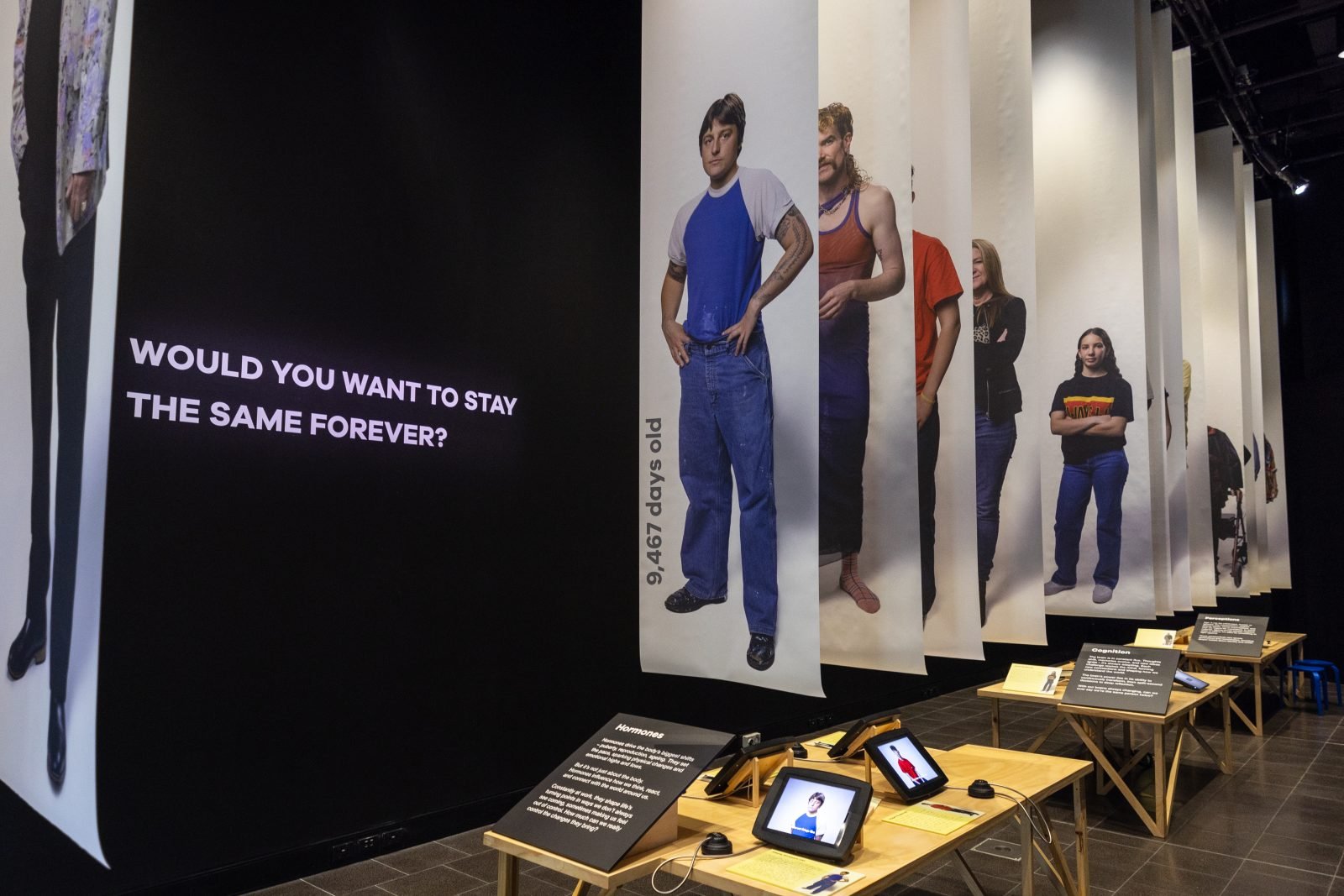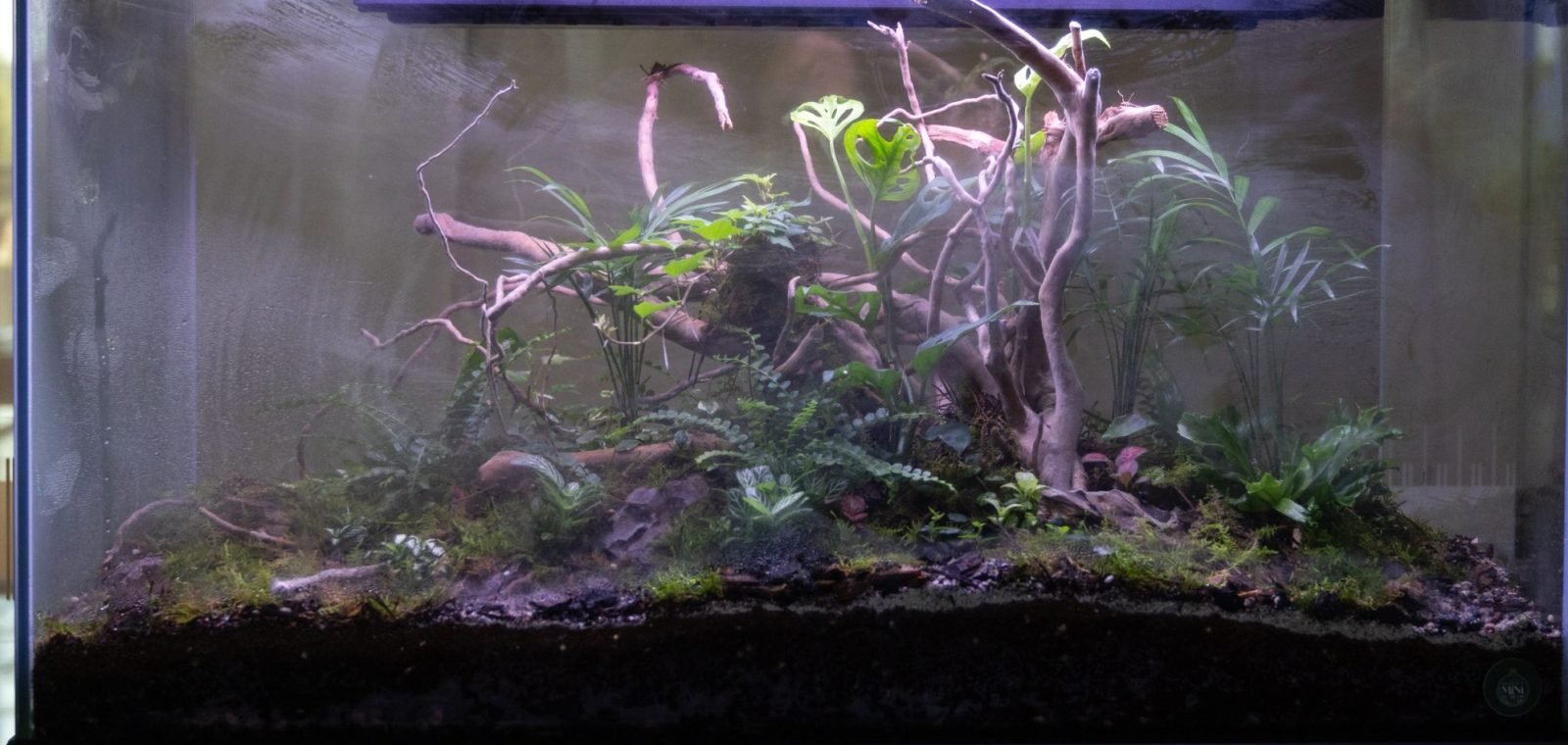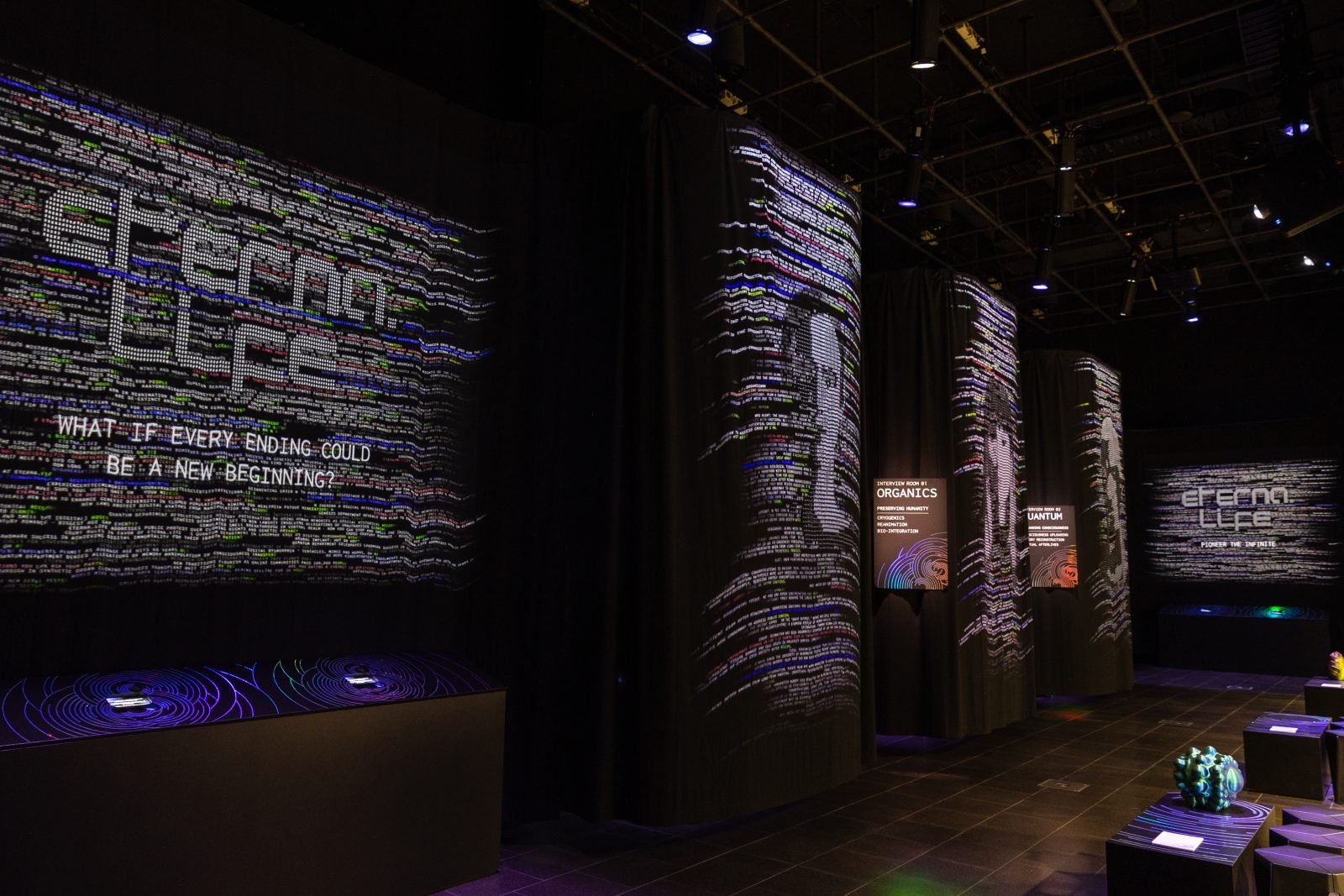Interested in infinite possibilities?
Make it a career with UniSA
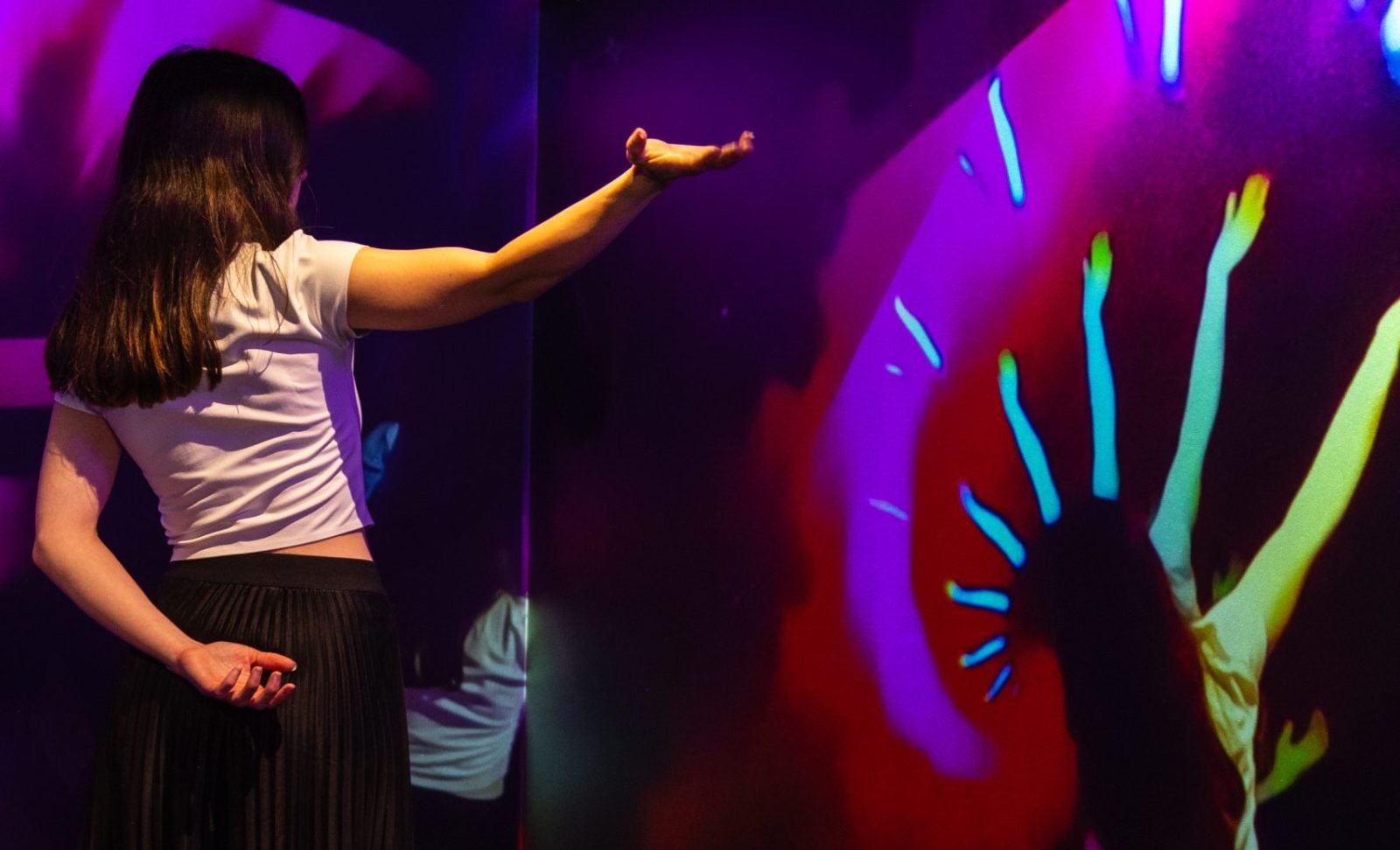
Exhibit Details
Open JanNov 2025
- Is time infinite?
- Delve deeper
Infinity is a concept that stretches our understanding of existence, inviting us to imagine boundless possibilities. Picture the edge of the universe, if there even is one. A place where galaxies trail off into darkness, yet, somehow, space keeps going. This idea of infinite space is a reminder that we are small but part of something incomprehensibly vast.
It’s the same with resources and time. We live on a planet with finite resources, yet we’re drawn to the idea that there could be infinite ways to sustain ourselves. Whether through new technology, recycling, or reimagining what we need.
Even in our individual lives, there’s a sense of stretching beyond limits, of living beyond our own boundaries. When we age, our memories, experiences, and the mark we leave on others create a kind of personal infinity. A part of us that persists past our passing, rippling through time.
The paradox of infinity is that it exists alongside the finite. We are temporary beings shaped by endless possibility. How do you feel about forever and your place within infinity?
In this gallery space visitors are given the space to explore the infinite through a reflective infinity well. As you move, you are replicated exponentially, creating beauty out of the echoes of your visual identity. Accompanying this experience is a soundscape, designed to reflect the exhibition journey you have been on. It weaves together time and infinity to reflect both the vastness and intimacy of these themes.
Is forever infinite? How do we grapple with the idea of time at scales from the infinitely small to the unimaginably vast?
From the view of neuroscience, our brains don’t fully grasp what time is. While we can perceive natural cycles, like day and night, and the brain can keep track of events, time itself is elusive. Regions in the brain, like the hippocampus, play a role in distinguishing between long-term and short-term time, helping us compare the length of events to those you’ve experienced in the past. But how long a week feels has less to do with how much “real” time has passed on a clock, and more to do with your level of attention, emotions and physical state.
But we know that being able to think differently about time is an important capability to help us explore the future.
“Exploring the future is about seeing anew or seeing the familiar as strange by engaging different perspectives…in order to notice and appreciate complexities and possibilities that were previously unavailable” (Selkirk et al. 2019)
Expanding our time perspective is something that will help our ability to detect, understand and respond to long-term change.
Read
- Does the Universe have an edge?
- What is it like as you approach the edge of the Universe?
- Are there more stars in the universe than grains of sand on Earth?
- The Many-Worlds Theory, explained
- Here’s why we might live in a multiverse
- The cyclical time of the body and the linear time of modernity
- We’re approaching the limits of computer power – we need new programmers now
Watch
Credits
- Daniel Lawrance Artist
- John Craig, Intern Soundscape


